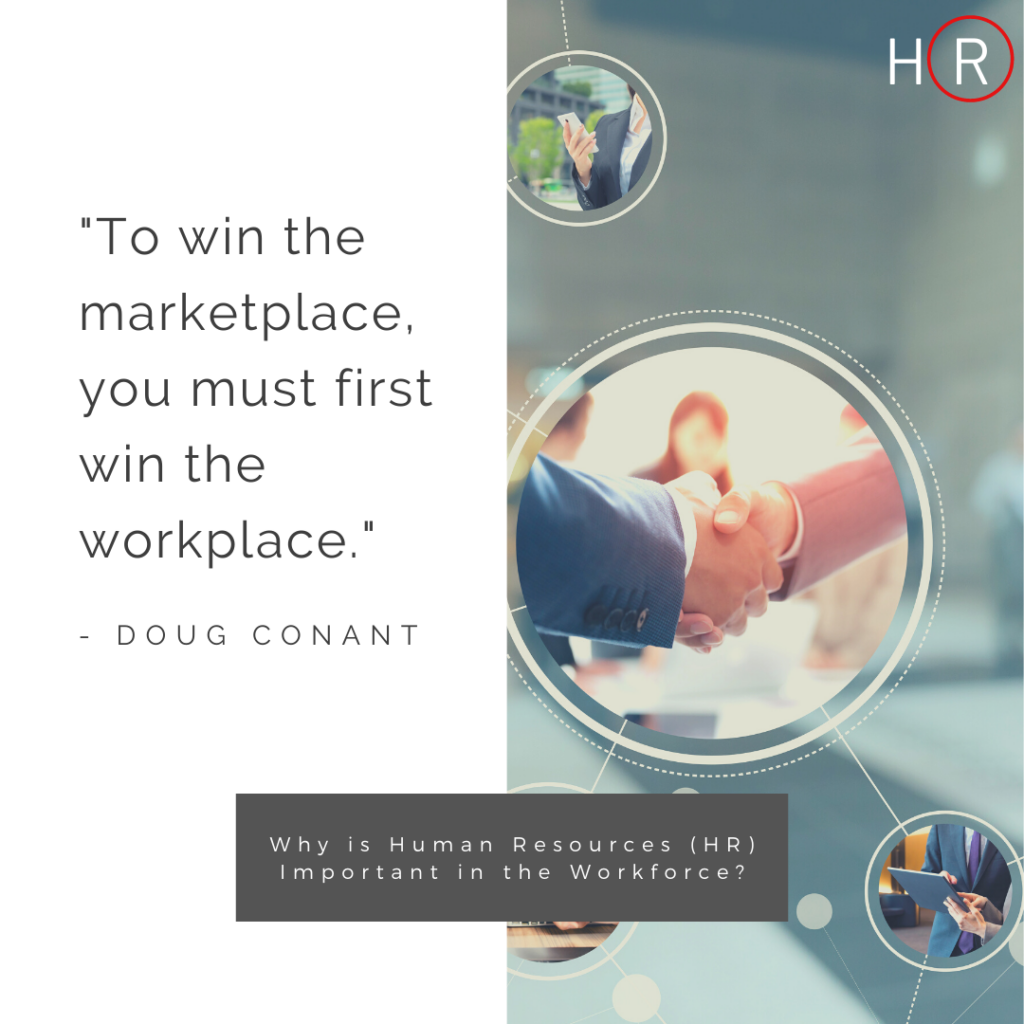
“50% of businesses fail miserably by refusing to implement HR into their organization” (Price, 2020). Causes of failure include not having the right team, high churn rate, continuous organizational problems, cash-flow problems, lack of business plan and strategy, etc.
HR functions play an essential role in driving operational performances, employee development, and achieving an organization’s strategic objectives. HR professionals are responsible for prescribing strategic policies, structures, infrastructures, and processes to manage the employer and their employees’ working experience while ensuring the company is fulfilling its affirmative goals. To safeguard both components of the corporate sphere, HR professionals must juggle various responsibilities, including but not limited to, recruitment and selection, employee retention/development, conflict resolution, workplace investigations, business development, etc.
These areas are challenging to manage without proper knowledge and strategic planning. As a result, many employers undergo various workplace problems because they are unfamiliar with specific employment procedures, legislation, or regulations. Therefore, they are more susceptible to unnecessary lawsuits or employer-employee related complications. However, HR professionals are skillfully trained to mediate different workplace issues. Thus, HR is vital in mitigating the risks of a damaged employer brand, business presence, unnecessary lawsuits against the company, and needless stress for employees.
As mentioned previously, HR is an essential component of an organization. The performance of the HR department is imperative in setting a strong foundation for the organization’s overall company culture and employee performances. As a result, various strategic HRM (human resources management) frameworks or models are necessary to provide quality team development and maintain employee retention. They are also helpful in cementing the appropriate expectations and compliant structures of a growing business.
The most potent, effective, and competitive asset of an organization is the people. As a result, the onus is on HR leaders/professionals to establish strategic HRM programs and infrastructures to propel further the organization and its members. Creating and developing an HRM program is not necessarily an arduous task, but it most definitely requires strategic planning. The reason is that an HRM program is imperative in an organization’s decision-making process, which requires critical analysis and diplomatic preparation. When a well-executed program is established and implemented, the organization can look forward to the smooth running of all operations, including areas such as employee retention, business development/expansion, reduced overhead costs, etc.
Thinking about taking your business to the next level? Contact us today to see how we can help: ✉️ [email protected]
Reference: “Startups are failing miserably by ignoring Human Resources Strategy – and there’s statistical proof!” by Joey V. Price (https://jumpstart-hr.com/startups-are-failing-miserably-by-ignoring-human-resources-strategy-and-theres-statistical-proof/)
